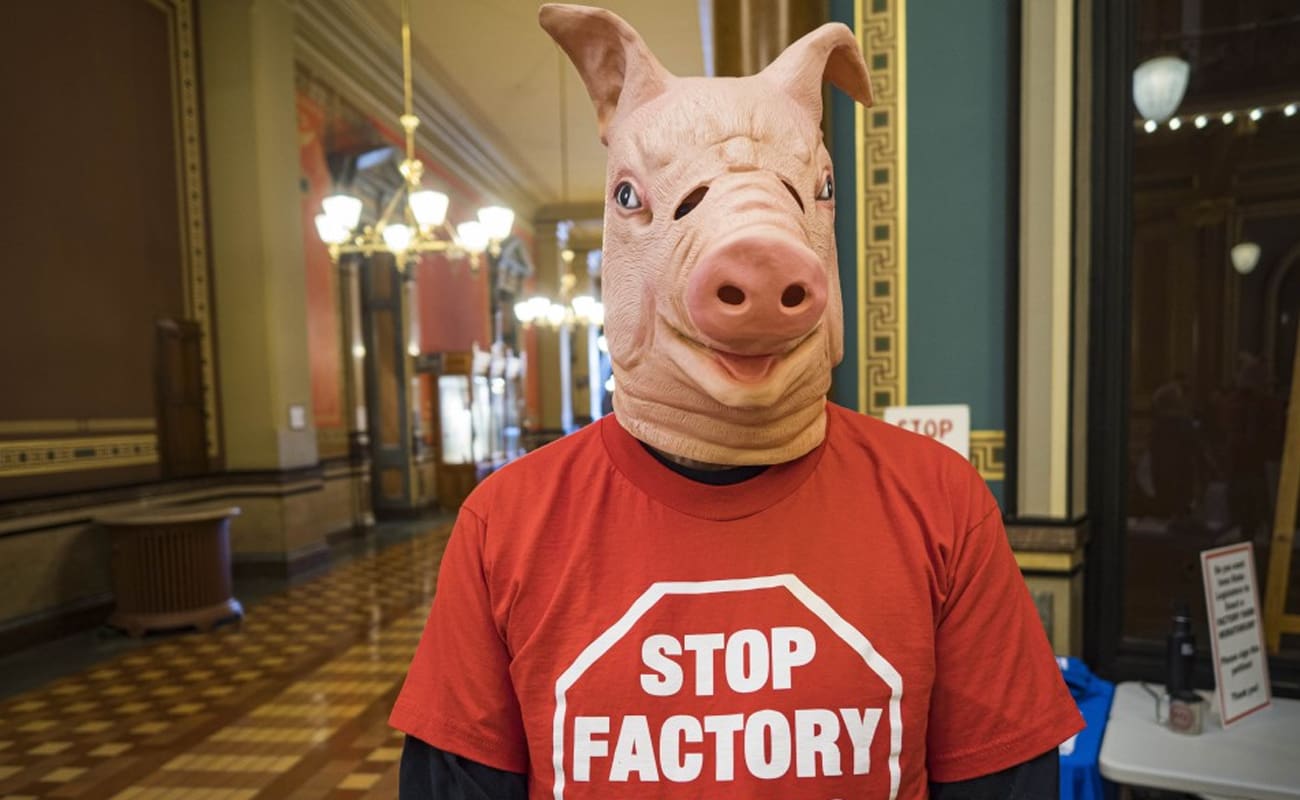This category delves into the complex moral questions surrounding our interactions with animals and the ethical responsibilities humans bear. It explores the philosophical foundations that challenge conventional practices such as factory farming, animal testing, and the use of animals in entertainment and research. By examining concepts like animal rights, justice, and moral agency, this section urges a reevaluation of the systems and cultural norms that allow exploitation to persist.
Ethical considerations go beyond philosophical debates—they shape the tangible choices we make every day, from the foods we consume to the products we buy and the policies we support. This section sheds light on the ongoing conflict between economic gain, entrenched cultural traditions, and a growing ethical awareness that calls for the humane treatment of animals. It challenges readers to recognize how their daily decisions contribute to or help dismantle systems of exploitation and to consider the broader consequences of their lifestyle on animal welfare.
By encouraging deep reflection, this category inspires individuals to adopt mindful ethical practices and actively support meaningful change in society. It highlights the importance of acknowledging animals as sentient beings with inherent worth, which is fundamental to creating a fairer and more compassionate world—one where respect for all living creatures is the guiding principle behind our decisions and actions.
In recent years, there has been a growing interest in the connection between diet and mental health. With the rise of mental health issues such as depression and anxiety, researchers have been exploring the potential impact of certain diets on overall well-being. One diet that has gained popularity in this regard is veganism, which involves consuming only plant-based products and avoiding all animal products. While the vegan lifestyle has been primarily associated with ethical and environmental concerns, there is an emerging body of evidence suggesting that it may also have a positive influence on mental health. This raises the question: can adopting a vegan diet make you happier? In this article, we will delve into the potential link between diet and mental health, specifically focusing on the role of veganism. By examining current research and expert opinions, we aim to provide a comprehensive understanding of whether veganism can truly have …


























































